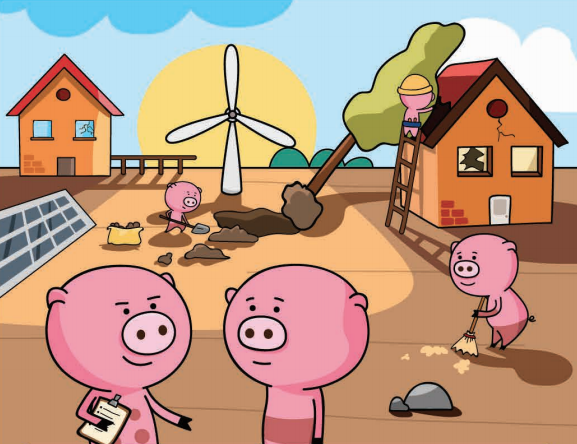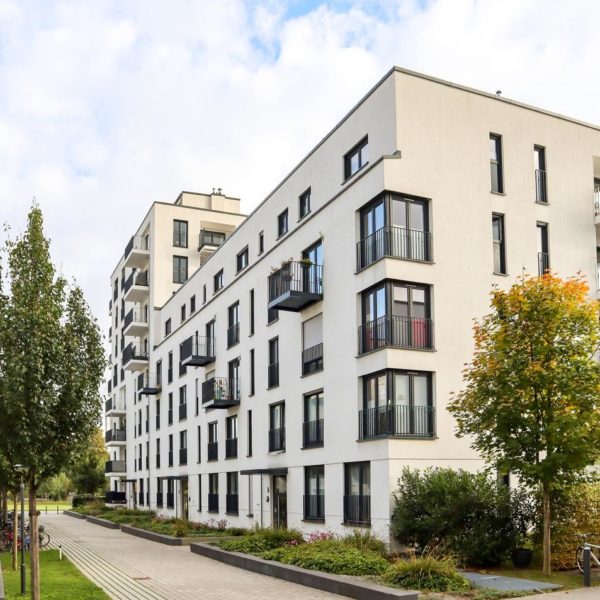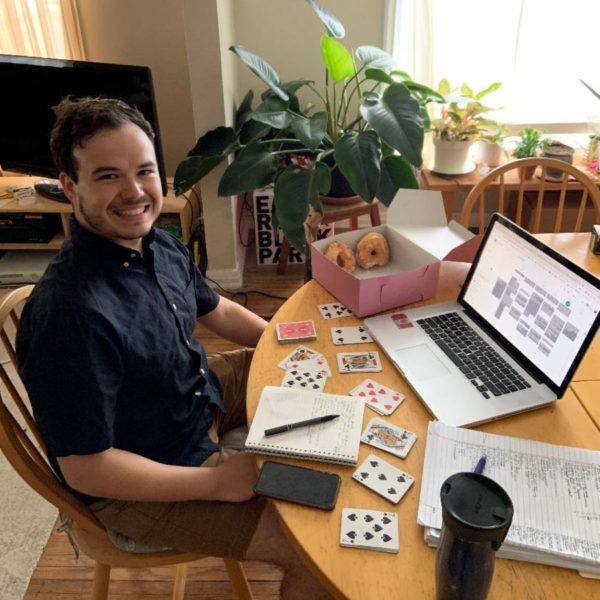Our goal with this program is that any community, anywhere in the U.S. can start building climate resilience right now. With the free, step-by-step Practical Guide to Building Climate Resilience and available through this new program, that goal is very nearly a reality. Information is here: www.climatereadycommunities.org.
About the Program
Our guide will help you break down the process into manageable steps.
https://climatereadycommunities.org/wp-content/uploads/2018/05/Guide-Full.pdf
This Guide is the foundation of the Climate Ready Community program; Geos Institute also offers a companion subscription service that provides templates, tutorials, consulting services, and an opportunity to share experiences with other subscribers as you work through the process. Beyond these two elements, the program also includes add-on services to help your community in specific areas such as local climate projections or on-site facilitation assistance.
Most local governments find themselves facing difficult climate resilience challenges with few financial resources or help from state or federal governments. Climate resilience planning can be intimidating and overwhelming, especially when the climate crisis is occurring right before our eyes.
However, planning climate solutions is the first step in building a climate resilient community, and now local governments have a new program crafted by the Geos Institute they can lean on to get their planning process started. The Climate Ready Communities (CRC) Program brings Whole Community Resilience to local governments through an assisted DIY approach consisting of three elements:
1. Practical Guide to Building Climate Resilience, a downloadable guidebook to lead adapters through the process
2. Annual support for assistance in utilizing the guidebook
3. Additional support services priced affordably that pair with the guidebook and annual support, but may also be used independently
The goal of the CRC program is to provide a tested framework and step-by-step process to cities, towns, counties, and tribes who are developing climate adaptation or resilience plans. The guidebook provides detailed instructions on how to conduct vulnerability assessments and develop resilient strategies with limited assistance.
The guidebook suggests that the following three principles must be included at the minimum to create an inclusive planning and implementation process:
1. Cross-sector Vulnerability Assessment and Strategy Development – Coordination across multiple nexuses will prevent shifting risk between industries and instead identify co-benefits to create opportunities to share resources, tools, and successes.
2. Multi-stakeholder Engagement – Representing an entire community is an important factor to consider when planning for resilience. It’s integral to have a variety of stakeholders – from professionals in healthcare, water distribution, etc., to the general public such as informal community leaders and local residents from all areas in the jurisdiction, especially neighborhoods that typically go under-represented.
3. Learning and Improvement Over Time – Incorporating monitoring and assessment into the implementation process will leave room for change and improvement as discoveries are made and as factors change over time.
The guidebook dives deep into outlining the following seven steps to achieve Whole Community Resilience:
Step 1: Launch the Project
Step 2: Assess Past & Future Trends
Step 3: Identify and Prioritize Vulnerabilities
Step 4: Develop and Prioritize Resilience Strategies
Step 5: Finalize and Share the Plan
Step 6: Implement the Plan
Step 7: Monitor and Reassess
The Climate Ready Communities program is 10 years of research and testing in the making and provides targeted solutions that all jurisdictions can take from, but especially those with more limited resources, capacity, and/or expertise. If you are a local government representative or staff member and want to ensure your community is prepared in the face of the climate crisis, check out the Climate Ready Communities program and share it with your colleagues to start the conversation.





